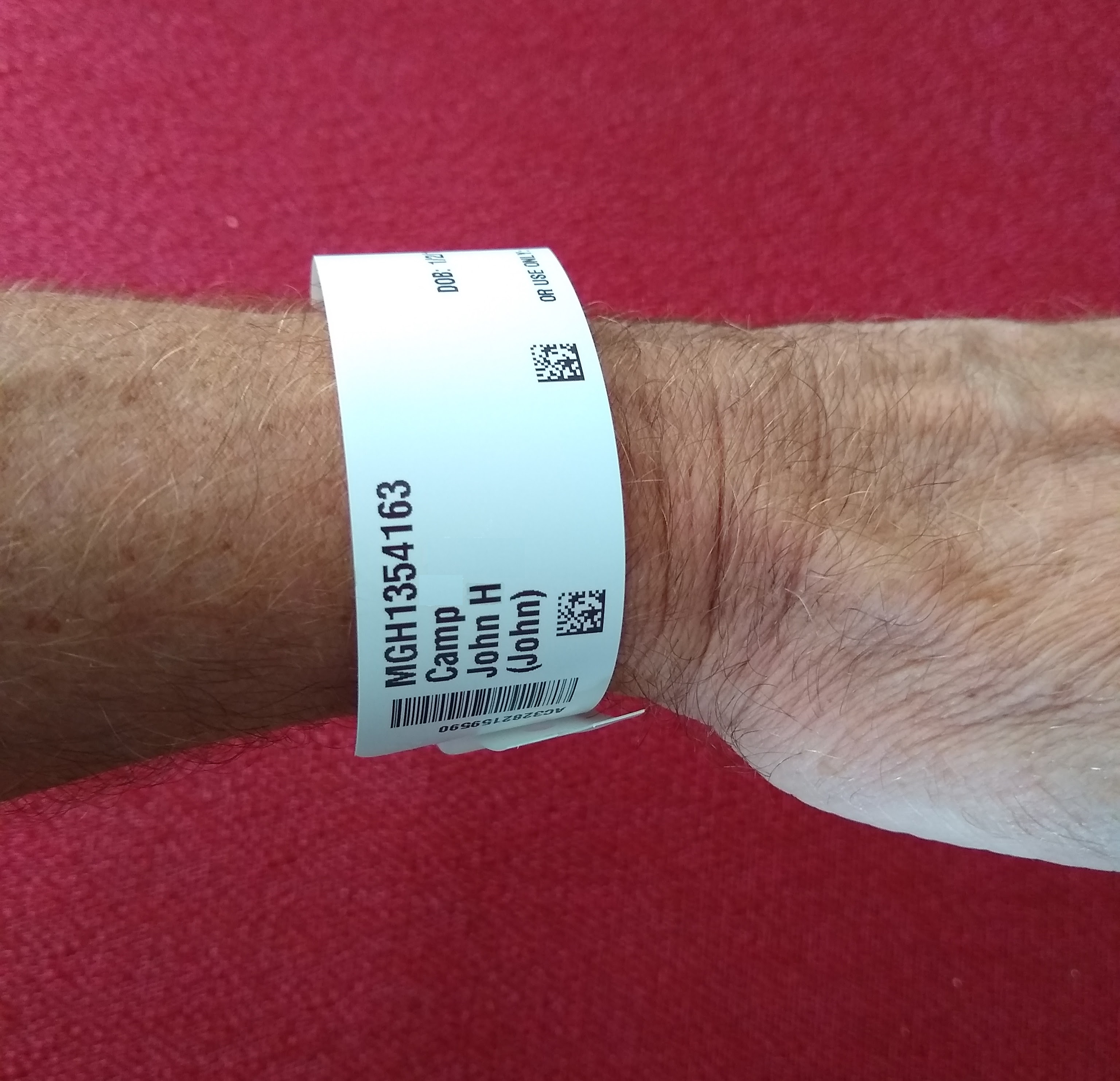Patient Tracking System on:
[Wikipedia]
[Google]
[Amazon]
 A patient tracking system (also called patient identification system) allows a healthcare provider to log and monitor the progress of a person through the provision of care during their stay there. Such systems are part of an overall information system and may interact with the person's
A patient tracking system (also called patient identification system) allows a healthcare provider to log and monitor the progress of a person through the provision of care during their stay there. Such systems are part of an overall information system and may interact with the person's
MeSH
Patient Tracking Software
Patient safety Electronic health record software
 A patient tracking system (also called patient identification system) allows a healthcare provider to log and monitor the progress of a person through the provision of care during their stay there. Such systems are part of an overall information system and may interact with the person's
A patient tracking system (also called patient identification system) allows a healthcare provider to log and monitor the progress of a person through the provision of care during their stay there. Such systems are part of an overall information system and may interact with the person's electronic health record
An electronic health record (EHR) is the systematized collection of patient and population electronically stored health information in a digital format. These records can be shared across different health care settings. Records are shared throu ...
, where information specific to the person is stored, the system used by radiology departments to track patients as well as the system storing medical images, the pathology laboratory information management system, as well as patient check-in and check-out systems.
Increasingly people as well as biopsies and associated equipment are tagged in various ways, for example with radio-frequency identification
Radio-frequency identification (RFID) uses electromagnetic fields to automatically identify and track tags attached to objects. An RFID system consists of a tiny radio transponder, a radio receiver and transmitter. When triggered by an electromag ...
tags.
A given floor or ward may use a white board as its system to track the status of all the people being cared for; for example in an obstetrics
Obstetrics is the field of study concentrated on pregnancy, childbirth and the postpartum period. As a medical specialty, obstetrics is combined with gynecology under the discipline known as obstetrics and gynecology (OB/GYN), which is a surgi ...
ward, each mother in labor is listed, along with her status and the time she was last checked.
See also
* Hospital information systemReferences
{{reflistExternal links
MeSH
Patient Tracking Software
Patient safety Electronic health record software